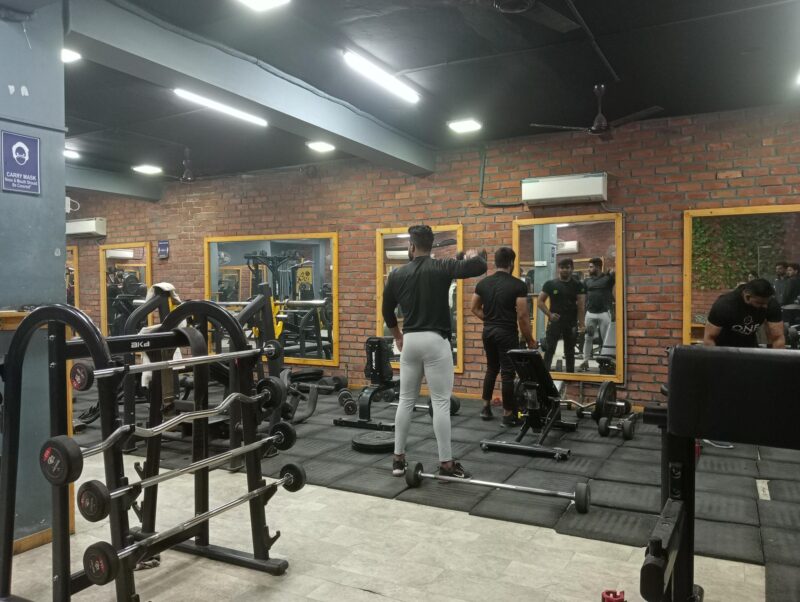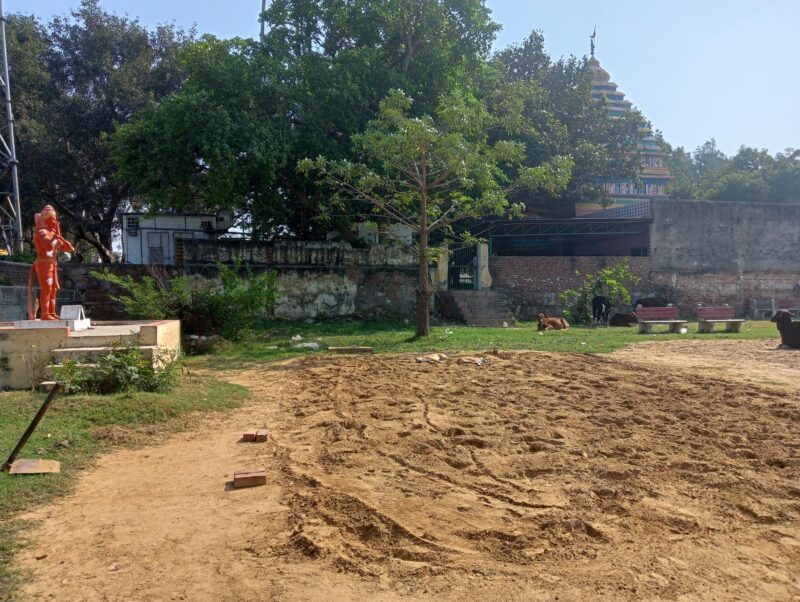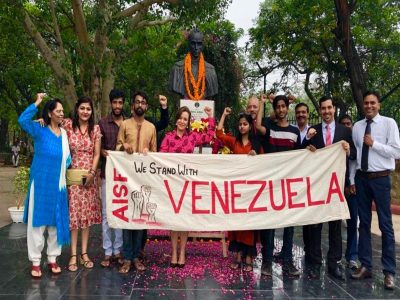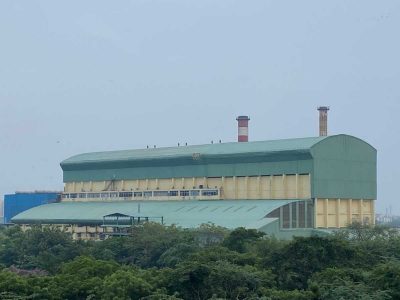Away from the capital’s urban crowd that runs a corporate rat race, the twin villages of Asola and Fatehpur Beri wake up in the wee hours to embark on the journey of fitness, driven by protein. Until a decade ago, they supplied the National Capital Region (NCR) with security at clubs and were primarily known as “bouncers”.
The job of a bouncer, once a rage and first choice for village youngsters for two decades, seems to have fallen off the priority list due to the perils involved and little returns.
But even today, the constant pursuit of strength keeps the men up and running helping them build a fortified, fit society — one that is powered by bench press, squats, deadlift and nutrition which is different from the “lean” culture popularised by social media influencers.
Also read: If winter comes, can street sports be far behind?
Bouncer ‘scare’
The former bouncers have now diversified into other professions such as that of a gym trainer, entrepreneur, gym owner or simply bodybuilder.
“It was just one generation that was in the job of security. That created a stereotype, like we are bouncers. We are not. The generation that is nearing 40 today was in that profession. Our fathers and forefathers were not though they were always into fitness,” says Ishwar Tanwar.
For the youth, the word “bouncer” is a misnomer.
“We do not relate to it nor like it because people automatically attach fear with it. We are not scary,” he chuckles.
The 33-year-old owns a club in south Delhi and two wine shops in Chhattarpur, the area closest from their village.
“The period of bouncers [in our village] lasted for like two decades and then our generation learnt about its flipside and how entrepreneurship can bring a fortune. So we began investing in businesses instead of becoming employees at clubs. Actually, almost all of us are gym trainers here because we have trained and studied bodybuilding for years. Some have their own gyms,” he says.
Seated among his neighbourhood brothers – all with stout biceps – on a breezy November morning, Ishwar takes a drag of hookah as his turn arrives.
“People in the city associate us with violence. Quite ironic because we save people from violence and are rather peace-loving fellows who are only invested in growing healthier by the day. This is the primary reason why we have come to dislike the word ‘bouncer’ today. We have respect for the profession because we know its struggles. However, we don’t want to be one anymore,” he adds.

An unpleasant job
Satveer Tanwar has been a bouncer at a club in Gurgaon’s Sahara Mall for a decade and has moved up the ladder to become the manager. He started at a salary of Rs 10,000 and today earns enough to spend three times that amount on his monthly nutrition.
“Our brother spends Rs 30,000 on food,” Ishwar says in banter.
“Pura der kilo dahi din mein khaa jaata hun ji (I eat 1.5 litre curd a day),” Satveer adds.
Protection of women against miscreants and frisking for arms are part of a bouncer’s job.
Although trained to not initiate fights, respond to abuse and give in to emotions, they were often dragged into fights to protect women in the clubs. This led to the downside of their jobs — police complaints.
“We never ever initiate violence. Our initial response is always to warn or escort the miscreants out of the clubs. However, there have been times, when hooligans, eve-teasers were defiant, which compelled us to resort to slapping them to protect the women,” Satveer narrates.
“These boys later went to the cops and filed complaints against us. Now, the catch is, we know what happened, the club knows, but the latter seldom came to our support because no one wants to get their hands dirty and it is considered as our own problem. More importantly, the women who complained to us about misbehavior could not go to the cops in our defence because of societal norms. They don’t want anyone to know that they were at the night-club in the first place,” he continues.
“Therefore, we have had to deal with this on our own. Many of our brothers have had to spend a few nights inside the cells until they were released on bail,” he rues.
“See, all this contributed to disinterest in the profession,” Ishwar chimes in.
A strong brotherhood
“Satveer benches 150 kilos and squats 300 kg,” Pardeep says, while the rest break into laughter as they laud their ‘strong brother’.
The villages survive on an unshakeable sense of brotherhood that pulls them through glum days.
“We share our food, supplements, weights, everything. We are not allowed to cook non-vegetarian food at home so we gather at a place and cook chicken and eggs. They are a must for our nutrition. Even supplements, we share,” Pardeep says as Satveer passes his shaker to his right.
Interestingly, the popularity of security profession was a result of this brotherhood.
“Initially, when the club culture sprang up in NCR, a handful were offered the job of musclemen. They in turn got the rest in. After a while, from 5-10 to almost all men of the same age entered the profession,” Ishwar says.
Historically, they are the descendants of the original inhabitants of Delhi, defending themselves from invaders. Their ancestors have been farmers, cow and goat herders, born amid croplands.
While a startling number of men are into fitness, the women continue to live with their faces covered by a cloth, balancing stacks of dried cow dung on their heads, much as their ancestors did three centuries ago. Some go to school or college.
Athletes with no recognition
The men in the villages are followers of great discipline. At the break of dawn, the village wakes up in preparation of the daily practice of wrestling that takes place from 6am to 7am. If one lot is at the akhada, stripped down to loincloths and wrestling in a circle of mud, the other is at the gym, ready to train. But everyone has had their first round of breakfast.
“We despise this city culture of fitness that demands one to be thin. That is almost a slur for us. We eat and train and lift heavy. Do everything on our own and eat nutritious food. No starving,” Ishwar says.
“We conduct inter-club and inter-state weightlifting and powerlifting competitions because we believe in ourselves. There is hardly any recognition for us, but see, each one of us trains like an athlete and lives like an athlete,” he adds.

“Today, our effort is to raise men who live a healthy life and protect our boys from the urban culture involving toxic habits, including eating junk food. We encourage boys to start training early, say right after finishing school, so that they don’t get into drinking alcohol, smoking cigarettes, marijuana or consume all this junk food. Alcohol is not the only toxic addiction. That roadside chhole-bhature also belongs to that category. Once you are into a lifestyle involving fitness, you will automatically despise all this,” Ishwar says.
“We may smoke hookah, but that is once in a while, and we use gur (jaggery) and rural tobacco, which does not contain nicotine,” he adds, snickering.
Follow us on:
Instagram: instagram.com/thepatriot_in/
Twitter: twitter.com/Patriot_Delhi
Facebook: facebook.com/Thepatriotnewsindia





